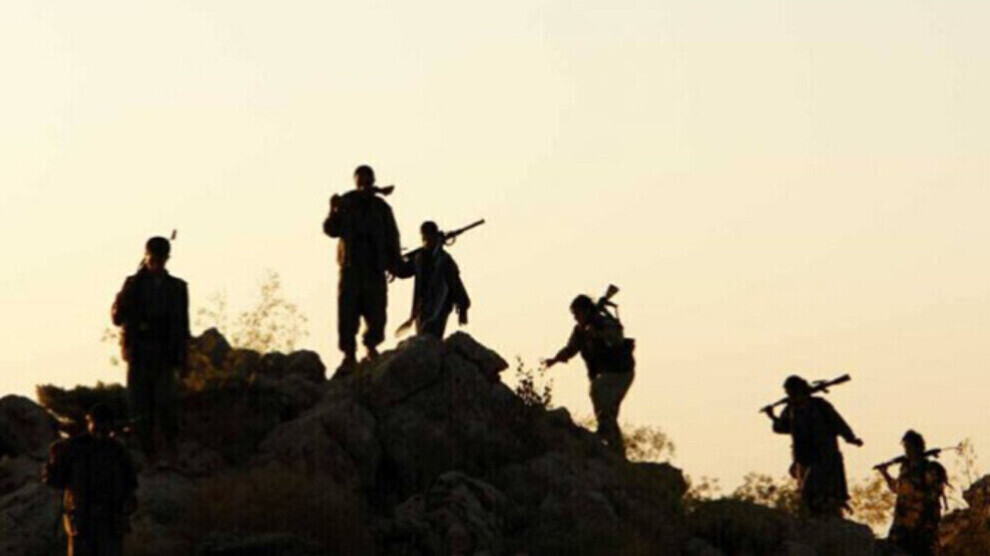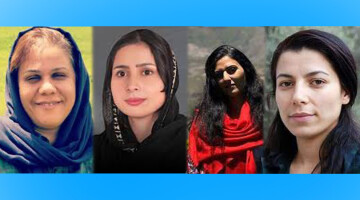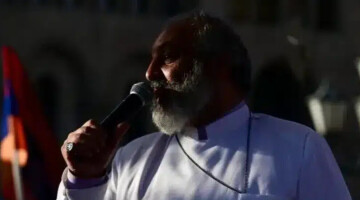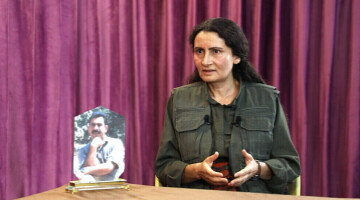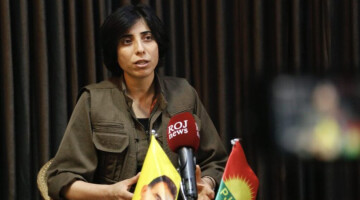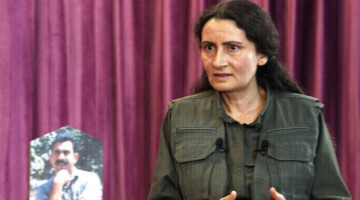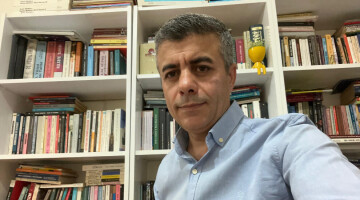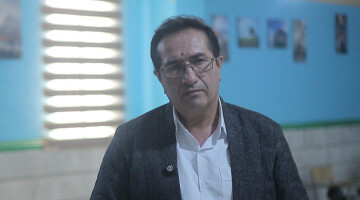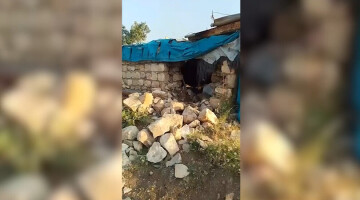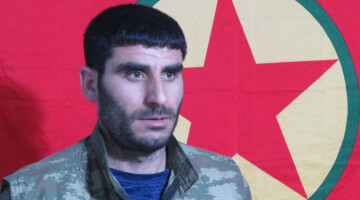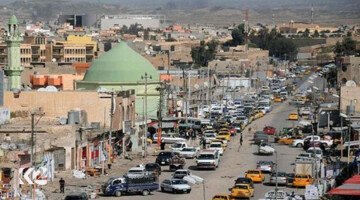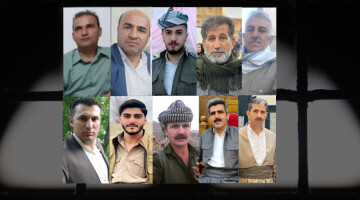The People's Defence Forces (HPG) reported continued attacks by the Turkish army on guerrilla areas in southern Kurdistan (northern Iraq).
In its daily statement, the HPG Press centre provided the following details on Turkey’s attacks on 3 April:
"The Deşta Kafya area in Gare was bombed three times by fighter jets. In Sîda, a guerrilla position was attacked with prohibited weapons. 21 other attacks were carried out on Sîda and Çemço with attack helicopters, howitzers, tanks and heavy weapons.
The areas of Sîda and Çemço in the Zap region have been the focus of the Turkish invading forces for months and are attacked daily."
Turkey's attacks continue despite a ceasefire announced by the Kurdistan Communities Union (KCK). The decision was taken after the devastating earthquake disaster in the Turkish-Syrian border area on 6 February. The Kurdish guerrillas, which include the HPG and the YJA Star (Free Women's Troops), are implementing the call for a cessation of all hostilities and are in a defensive position.
In a statement on February 9, the Kurdistan Communities Union (KCK), an umbrella organization of the Kurdish freedom movement of which the PKK (Kurdistan Workers Party) is also a member, called for a halt of military actions in Turkey, in metropolises and cities. “It is necessary to prevent the people from experiencing even more suffering in this affliction”, said Cemil Bayık, co-chairman of the executive council of the KCK.
The Central Headquarters of the People's Defence Forces (HSM) expressed support for the KCK's call and said on February 11 that the guerrillas were ready to do their part to alleviate the suffering of people.
On March 27, the KCK Executive Council co-chair Besê Hozat announced that the unilateral ceasefire would remain in place until after the elections to be held in Turkey on May 14.

